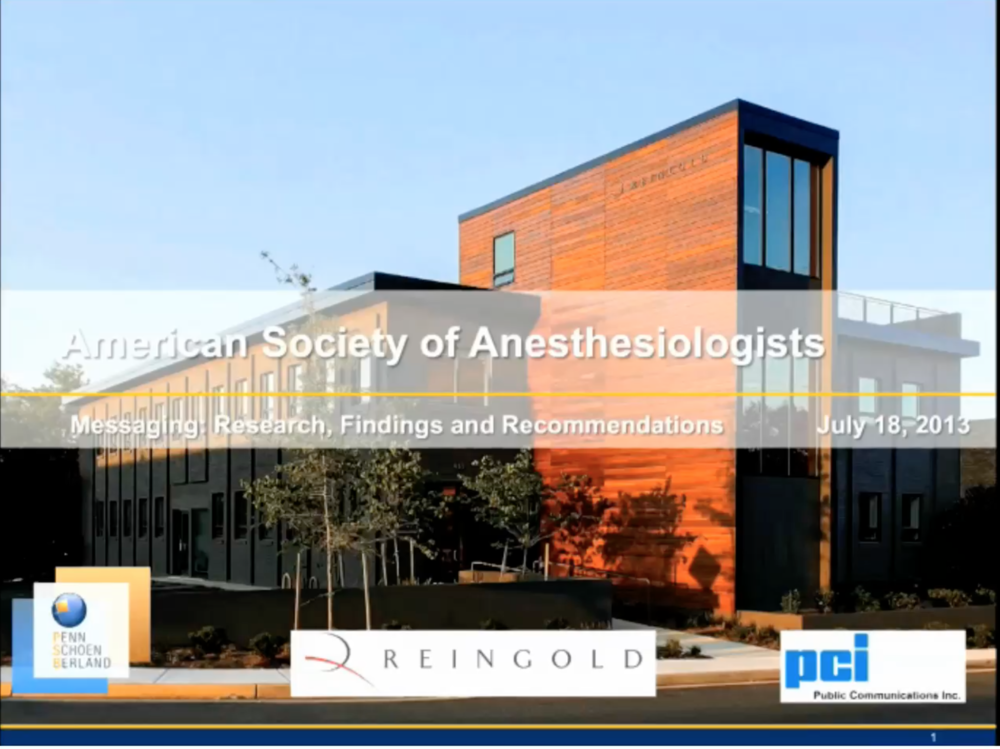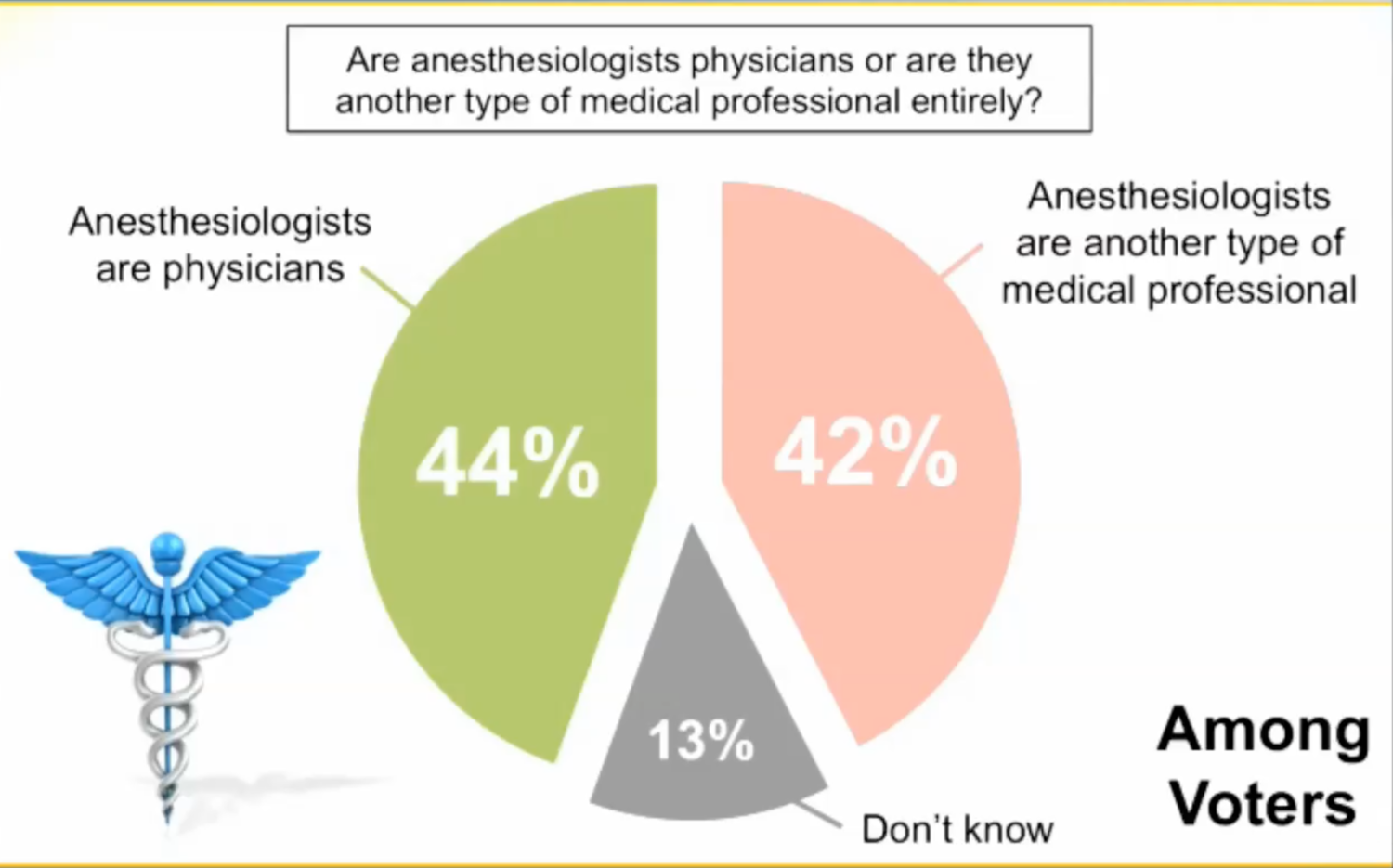CRNA's use some false arguments to support their position. One example is that CRNA's pay low malpractice premiums in comparison to physicians.
This is copied from AANA's own propoganda:
https://www.aana.com/docs/default-s...s-(all)/crna-fact-sheet.pdf?sfvrsn=c5f641b1_8
"Malpractice Premiums: On a nationwide basis, the average 2016 malpractice liability insurance premium for self-employed CRNAs was 33 percent less than it was in 1988. When trended for inflation through 2016, the reduction in premiums was even greater at 67 percent."
Sounds convincing, especially to someone unfamiliar with how medical liability works. But consider the following book excerpt. This quote is old, from a book published in 1993, but even though it is dated, it sums the situation up nicely.
"The Problems of Certified Registered Nurse Anesthetists
More than any other specialty, anesthesiology in the United States has blurred the distinction between physicians and nurse-practitioners. This confusion of roles has its roots in the late differentiation of anesthesiology as a specialty. There was a considerable period during which anesthesia delivery consisted of a paper cone and a container of ether, both held by a nurse. This created a perception that anesthesia was a nursing task. With the certification of registered nurse anesthetists (CRNAs), surgeons explicitly accepted that anesthesia could be practiced by a nurse, albeit under the supervision of a surgeon. This pattern of allowing nurses to practice a medical specialty did not pose a problem until anesthesia practice began to become much more sophisticated and technologically oriented.
Board certification in anesthesia now requires a medical degree, training in a formal residency, and passing a certification examination. This creates an enormous gulf between the knowledge base of CRNAs and physician anesthesiologists. It also creates a knowledge gap between board-certified anesthesiologists and physicians who practice anesthesia without formal training. Such physicians include family practitioners who provide anesthesia in rural hospitals, noncertified physicians who hold themselves out as anesthesiologists, and most surgeons who supervise CRNAs.
A major controversy between surgeons and anesthesiologists is the proper role of CRNAs. Few, if any, states allow the independent practice of anesthesia by nurses. The legal expectation is that the CRNA will be supervised by a properly qualified anesthesiologist. If the CRNA is not under the supervision of an anesthesiologist or if this supervision is too attenuated, the law will assign the surgeon legal responsibility for the CRNAs' actions. (See Chapter 15.)
Medical malpractice insurance rates for CRNAs are artificially low because the nurses do not bear primary responsibility for any negligent actions. When a CRNA injures a patient, the legal liability for that injury flows directly to the supervising physician--either the surgeon or the anesthesiologist. In some cases, the nurse is not even sued. In cases where the CRNA is not supervised by an anesthesiologist, the plaintiff's attorney focuses on the surgeon rather than the CRNA. The surgeon is a much less sympathetic target in front of a jury. As the licensed physician in charge, the surgeon is expected to know all aspects of anesthesiology practice. Plaintiffs' attorneys are able to make supervising surgeons appear negligent by forcing them to admit that they relied on the nurse's knowledge of anesthesia. This is ethically questionable and violates the medical practice act in most states because it is impossible to supervise care that one does not understand."
This is just one example of the ongoing campaign to minimize the value of a board-certified anesthesiologist. I know a lot of medical students read these message boards and you need to know that these battles have been going on for decades and are unlikely to stop. If you are still undeterred, then I wish you the best of luck. This is an awesome specialty, despite these challenges. Midlevel creep also impacts other specialties, but not in the same way.




